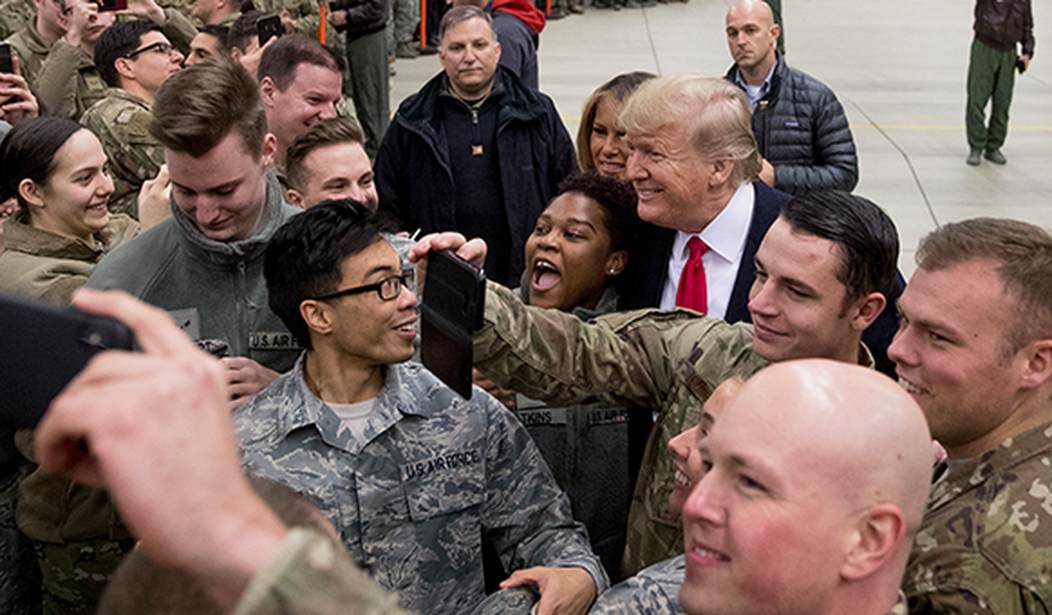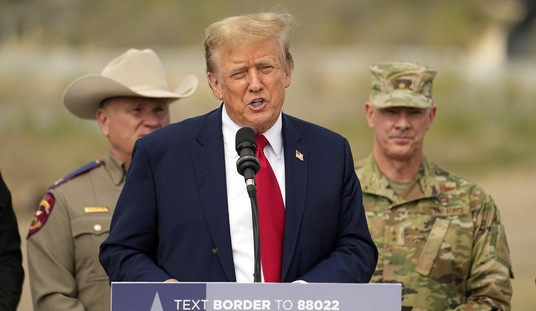Six U.S. senators submitted a bipartisan measure yesterday designed to minimize the scale at which President Trump could withdraw U.S. troops currently stationed in Germany. The amendment to the 2021 National Defense Authorization Act (NDAA) restricts funding for the operation unless DOD officials could testify that the Trump Administration’s proposal would not harm national interests.
“The withdrawal of U.S. troops from Germany would be a gift to Russia, and that’s the last thing we should be doing,” said Senator Mitt Romney (R-UT), who spearheaded the bill. Senators Lindsey Graham (R-SC), Marco Rubio (R-FL), Chris Coons (D-DE), Tim Kaine (D-VA) and Jeanne Shaheen (D-NH) signed alongside Romney.
As of March 31, over 34,000 U.S. troops in Germany bolstered the security barrier against Russia from German bases. The projected reduction of 9,500 troops has raised concerns about the United States’ commitment to its NATO partners.
“At a time when the U.S. and our European allies must continue to stand hand in hand in deterring malign influences, it is in our national security interest, as well as in the interest of our allies and partners, to continue our presence in Germany,” Senator Rubio said.
Trump accuses Germany of reneging on the contractual obligation to devote 2 percent of national GDP toward defense expenditures. In 2019, Germany’s defense spending reached only 1.36 percent of GDP, while the U.S.’s expenditures far exceeded those of any other NATO member.
What good is NATO if Germany is paying Russia billions of dollars for gas and energy? Why are there only 5 out of 29 countries that have met their commitment? The U.S. is paying for Europe’s protection, then loses billions on Trade. Must pay 2% of GDP IMMEDIATELY, not by 2025.
— Donald J. Trump (@realDonaldTrump) July 11, 2018
Recommended
No formal announcement was made, but Germany confirmed awareness of the potential move as early as June 10.
Officials insist that Trump’s decision is not a withdrawal from the liberal order, but a repositioning of military pillars to more effectively support America’s interests, and by extension, NATO’s.
“The Cold War-style garrisoning of troops makes less military and fiscal sense than it did in the 1970s,” White House national security adviser Robert O'Brien said in an op-ed for the Wall Street Journal. He discussed plans to disperse troops across strategic locations throughout the globe.
“Today, the threat from Moscow has moved east, and the time has come for US forces to move east with it,” says AEI research fellow Marc Thiessen, referring to a yet-unfinished natural gas pipeline that would allow Russia to bypass Eastern European transit lines. A complete pipeline would render America’s Eastern European allies vulnerable to Russian advances.
In a joint conference with Polish incumbent Duda, Trump expressed intention to relocate an unspecified number of troops to Poland. Duda affirmed, “the presence of NATO troops and, first and foremost, of U.S. troops in Poland demonstrates that Article 5 of the North Atlantic Treaty is treated seriously.”
Former ambassador Richard Grenell told German media that “American taxpayers no longer feel like paying too much for the defense of other countries.”
However, a poll conducted by the Pew Research Center found that 85 percent of Americans perceive U.S. military bases in Germany as important or very important to national security. Germans did not sympathize, with only half stating that they thought U.S. military presence improved German security. In addition, a state poll determined that a slight majority of Germans were in favor of reducing reliance on the U.S. military and pursuing further cooperative measures with Russia.





















Join the conversation as a VIP Member